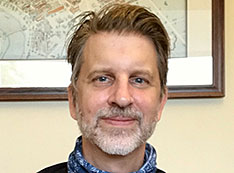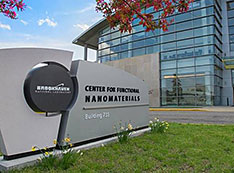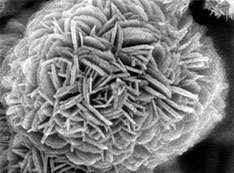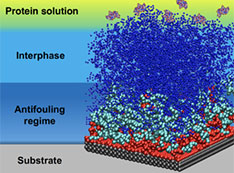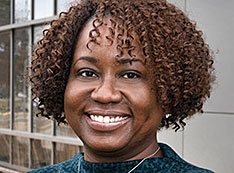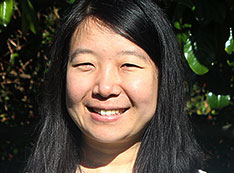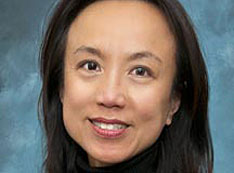A Message from Abram Ledbetter
information from the Users' Executive Committee
January 19, 2021
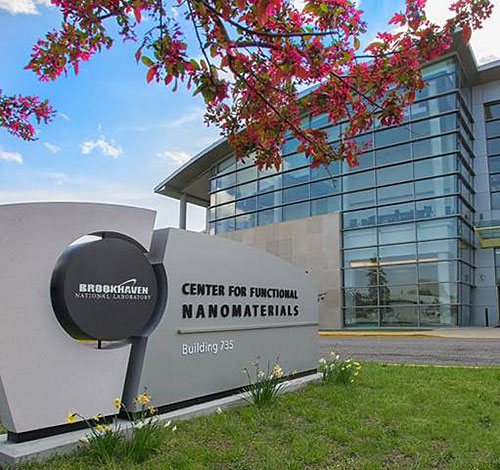
Dear CFN Users:
Happy New Year! Over the past many months, the COVID-19 pandemic has necessitated limitations on accessibility at the CFN. To address these challenges, the CFN is implementing remote capabilities to improve accessibility and safety for its users. These remote capabilities will prove beneficial beyond this pandemic era.
The CFN has been testing and developing a range of tools to facilitate remote access for experimental work, focusing on four areas:
- Remote engagement, enabling users and staff to participate in scientific discussions, tool training, and support and troubleshooting without needing to meet face-to-face. Virtual office hours for users will start on February 3 (check out the Updates for the User Community by Grace Webster for details)
- Remote monitoring, providing real-time observation of ongoing experiments
- Remote operation, allowing users to control CFN experimental tools from off-site
- Remote data, streamlining the ability for users to access their data
We have a number of pilot projects deploying these methods on select CFN tools, including
- Remote training and support for users of the dual-beam SEM/FIB with a mobile telepresence cart (Tool contact: Fernando Camino)
- Immediate cloud-based access to user data collected on the Hitachi 4800 SEM (Tool contact: Gwen Wright)
- Remote control of the Environmental Atomic Force Microscope (Tool contact: Dmytro Nykypanchuk)
- Remote control of the X-ray Diffractometer (Tool contact: Dmytro Nykypanchuk)
- Remote control of the Small Angle X-Ray Scattering (SAXS/GISAXS/WAXS) (Tool contact: Dmytro Nykypanchuk)
- Remote control of the Low-Temperature UHV Scanning Tunneling/Force Microscope (Tool contact: Percy Zahl)
If you are interested in testing these new capabilities, contact the respective tool owner. The CFN is interested to hear from you regarding which tools or datasets you would most like to access remotely. Users with remote needs can contact Kevin Yager to discuss further.
I also want to bring to your awareness a new and unique home-built CFN tool for electrospray deposition. This tool is capable of spray depositing up to three solution-based materials synchronously, over a large area or within a focused spot diameter or linewidth of ~2 mm, with a built-in raster-scanning capability. Equipped with controlled substrate heating and tunable solution flow profiles that may be preprogrammed, the electrospray deposition instrument may be of particular interest to those who desire to perform combinatorial studies of films involving binary and ternary compositions. The CFN also offers the capability for characterizing the composition-structure relationship of these films through the CFN Advanced UV and X-ray Probes Facility using the Complex Materials Scattering and Soft Matter Interfaces beamlines, which are jointly operated by the CFN and National Synchrotron Light Source II. For more information, check out the corresponding news story and feel free to contact the electrospray deposition tool manager, Greg Doerk.
I wish you all a prosperous and safe year. While we may be at a distance, we are not out of reach. If you have any questions, please feel free to email me.
— Abram Ledbetter
2021–21 CFN UEC Chair
The next CFN user proposal deadline is January 31. Submit a proposal through the CFN Proposal Portal.
2021-17658 | INT/EXT | Newsroom




